2006 Chevrolet Equinox Brake Rotors and Pads
Click here to search another vehicle
All Rotors:
OEM x
Coated x
Drilled, Slotted and Coated x
Front x
Rear x
All Pads:
Ceramic x
Semi-metallic x
Front x
Rear x
Found 9 record
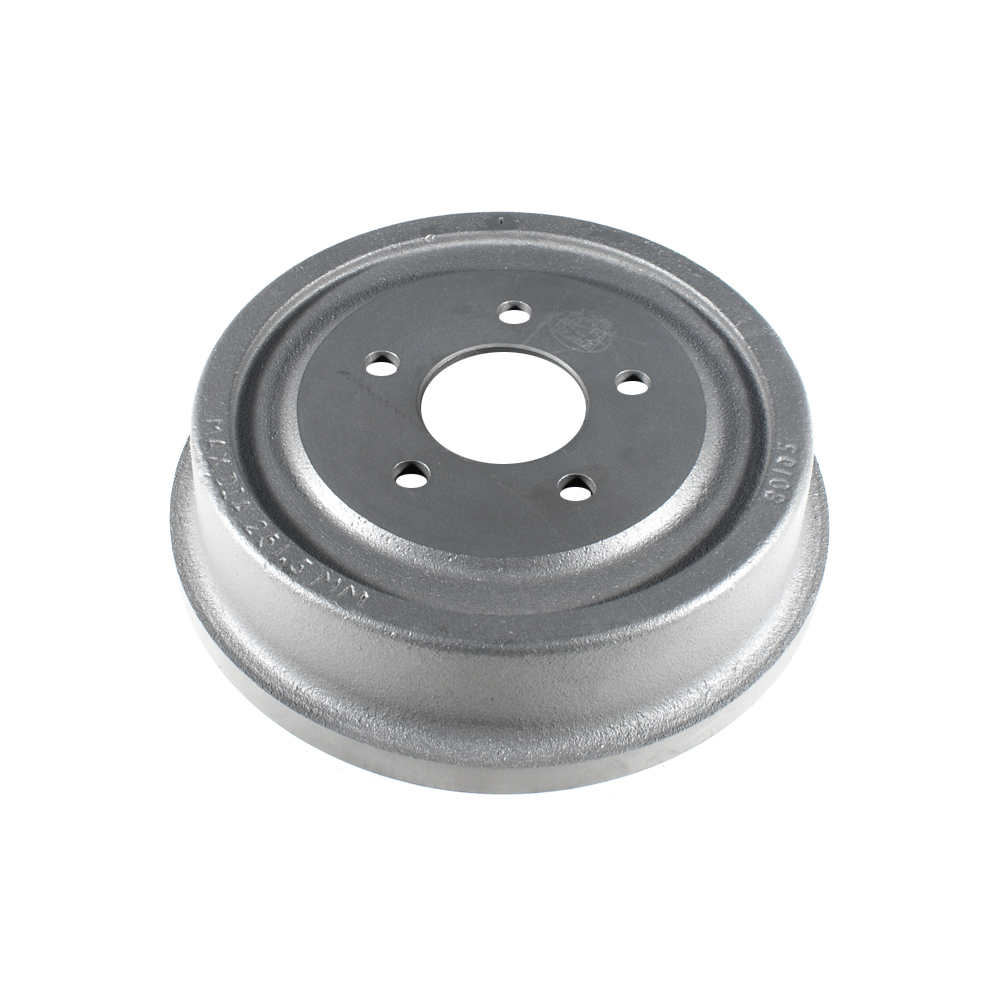
Part No: BD80105
Raybestos: 9740
OE: 10304169
Raybestos: 9740
OE: 10304169
$48.58 each
Per Car QTY: 2
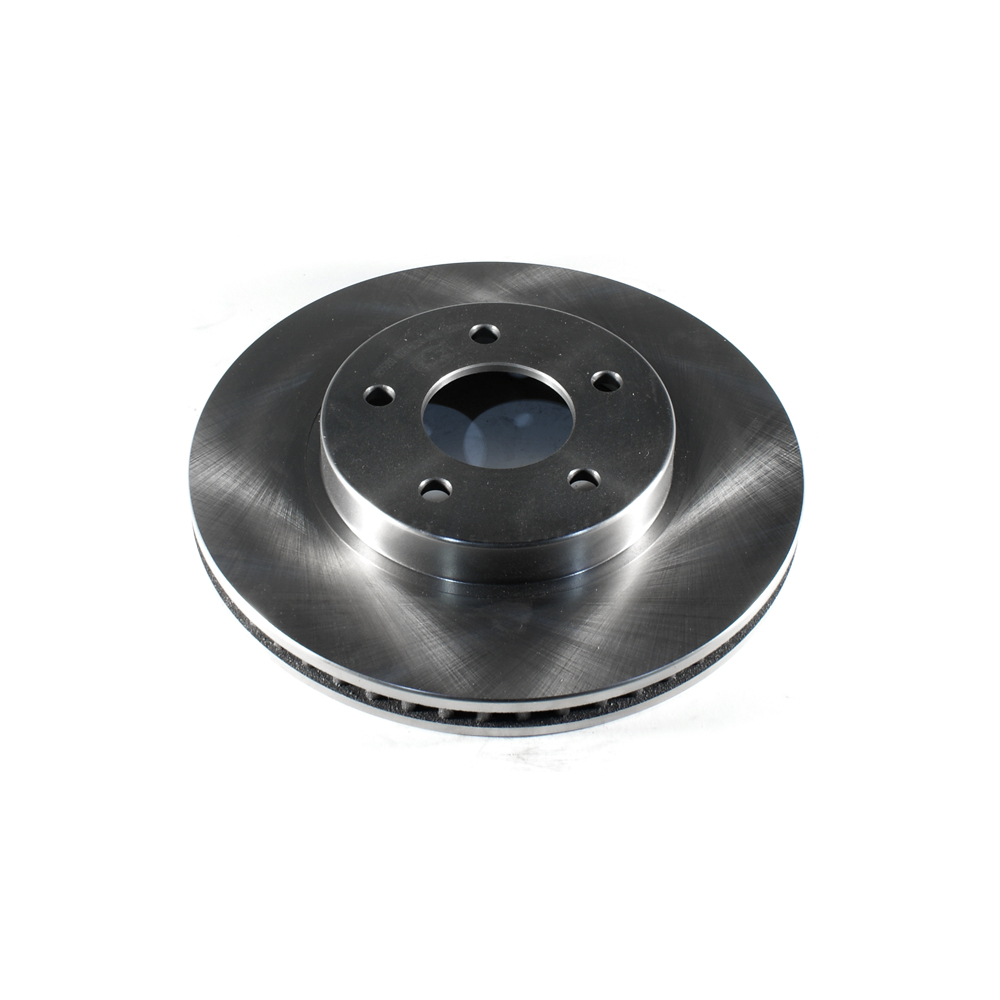
Part No: BR55080
Raybestos: 580083
OE: 22666578
Raybestos: 580083
OE: 22666578
$37.73 each
Per Car QTY: 2
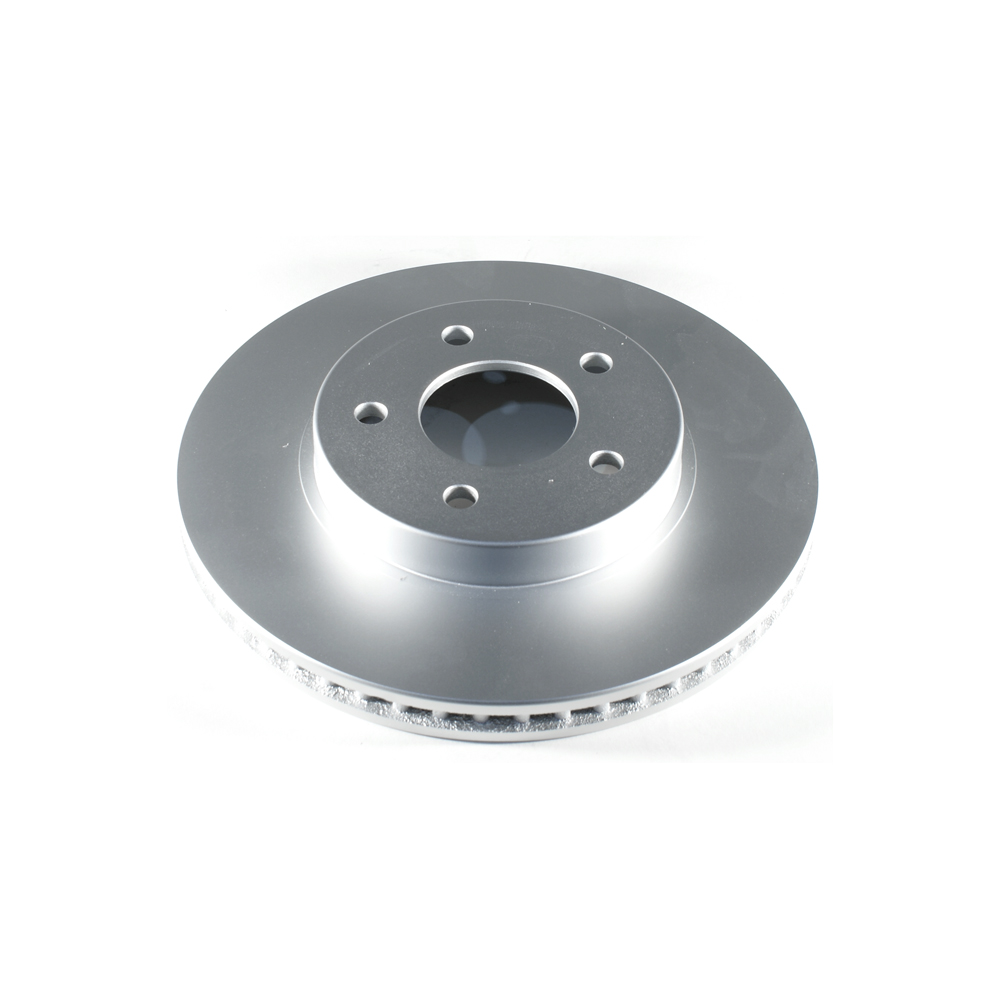
Part No: PP55080
Raybestos: 580083
OE: 22666578
Raybestos: 580083
OE: 22666578
$50.72 each
Per Car QTY: 2
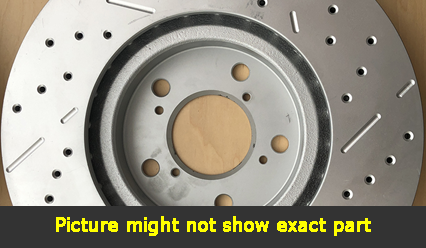
Part No: SP55080L
Raybestos: 580083
OE: 22666578
Raybestos: 580083
OE: 22666578
$83.12 each
Per Car QTY: 1
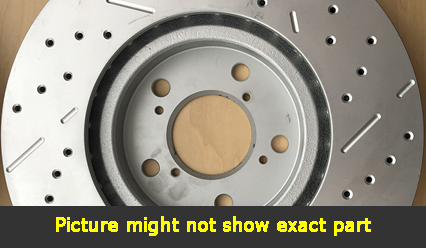
Part No: SP55080R
Raybestos: 580083
OE: 22666578
Raybestos: 580083
OE: 22666578
$83.12 each
Per Car QTY: 1
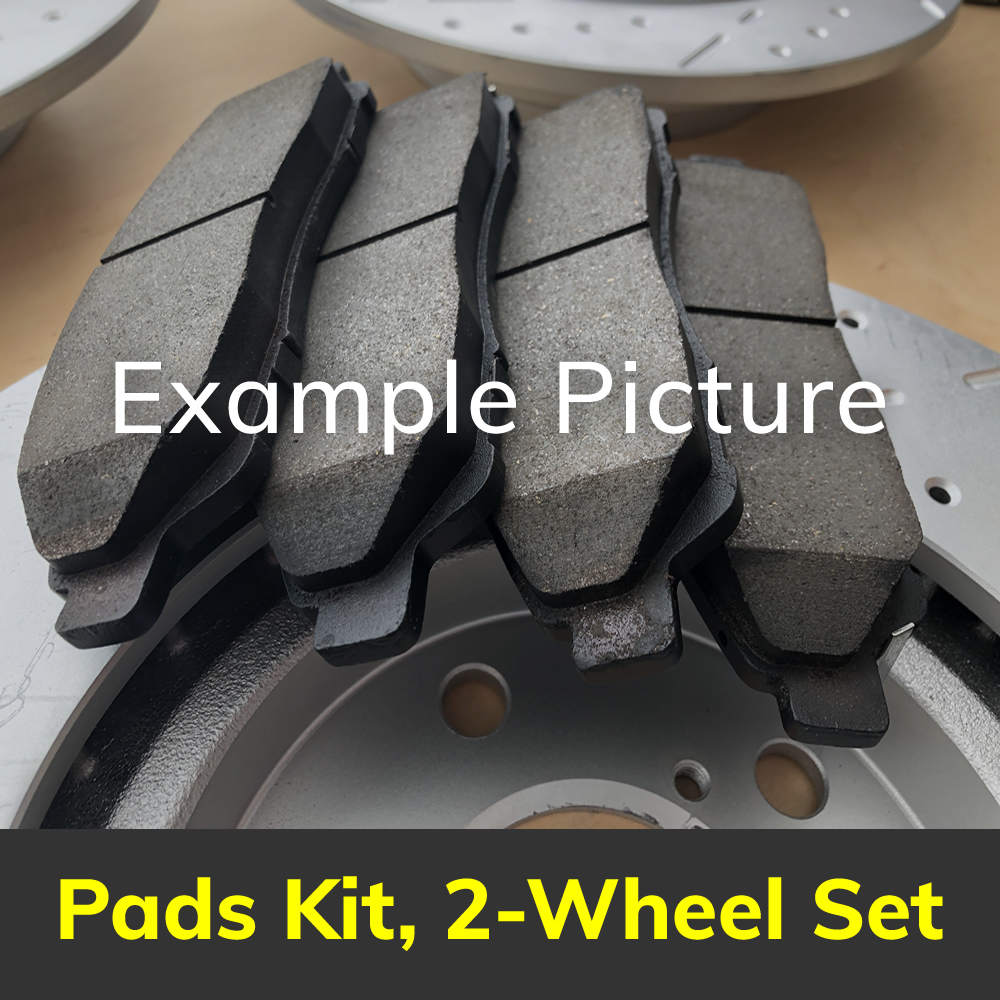
Part No: PD833C
Raybestos: 833
OE:
Raybestos: 833
OE:
$35.41 each
Per Car QTY: 1
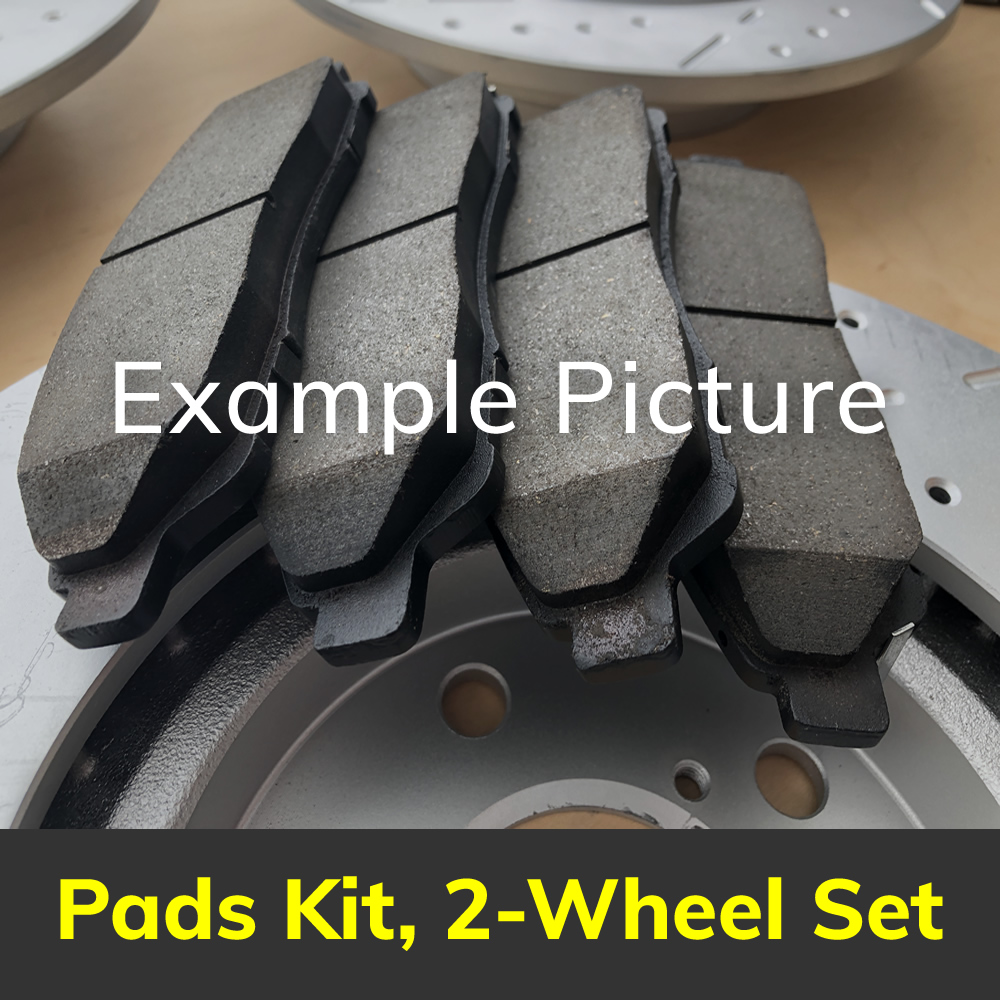
Part No: PD913C
Raybestos: 913
OE:
Raybestos: 913
OE:
$36.2 each
Per Car QTY: 1
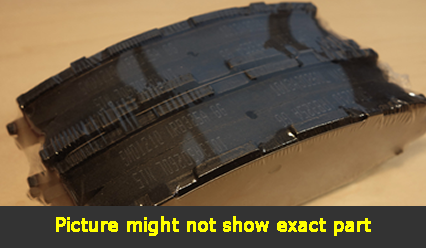
Part No: SMD833
Raybestos:
OE:
Raybestos:
OE:
$22.63 each
Per Car QTY: 1
When it comes to choosing the right brakes for your 2006 Chevrolet Equinox, there are several important rules to keep in mind. Brakes are a crucial component of any vehicle and play a vital role in ensuring safety on the road. With numerous options available in the market, it is essential to understand the factors to consider when making this important decision. Here are some rules to follow to select the perfect brakes for your car.
1. Know Your Driving Habits: Understanding your driving habits is the first step towards choosing the right brakes. Consider whether you do mostly city driving, highway driving, or a combination of both. Furthermore, take note of your driving style – do you have a heavy foot on the brakes, or do you apply gentle pressure? This information will help determine the type of brake material and performance level that suits your needs.
2. Quality Matters: When it comes to brakes, never compromise on quality. Brakes are a safety feature, so always opt for high-quality materials and reputable brands. This will ensure optimal performance and longevity, providing you with peace of mind during your daily drives.
3. Consider OEM or Aftermarket: The choice between OEM (Original Equipment Manufacturer) and aftermarket brakes is an important one. OEM brakes are made by the same company that manufactured your vehicle and are designed to meet the original specifications. Aftermarket brakes, on the other hand, are produced by third-party manufacturers. Both options have their own advantages and disadvantages. OEM brakes are often more expensive but guarantee compatibility, while aftermarket brakes provide a wider range of choices and price points.
4. Understand Brake Types: There are generally two types of brakes to consider: disc brakes and drum brakes. Disc brakes, usually found on the front wheels, are more efficient and provide better stopping power. They also dissipate heat more effectively, making them less prone to brake fade. Drum brakes, typically installed on the rear wheels, are less expensive and simpler in design. However, they tend to have less stopping power and can be more prone to overheating.
5. Research Brake Material: Brakes are made from various materials, each having its own characteristics. The most common are organic, semi-metallic, and ceramic. Organic brakes are made from materials like rubber and glass, providing quiet operation and low dust levels, but they have a shorter lifespan. Semi-metallic brakes offer improved durability and better heat dissipation but can be noisy and have higher dust levels. Ceramic brakes are known for their quiet operation, minimal dust, and longevity. They also offer excellent stopping power, making them a popular choice for many drivers.
6. Seek Expert Advice: If you're uncertain about which brakes to choose, don't hesitate to seek advice from a professional. Mechanics or knowledgeable experts can provide valuable insights and recommendations based on your car's specifications, driving habits, and budget.
In conclusion, selecting the right brakes for your 2006 Chevrolet Equinox requires careful consideration. By understanding your driving habits, prioritizing quality, knowing the differences between OEM and aftermarket options, familiarizing yourself with brake types and material, and seeking expert advice, you can make an informed decision. Remember, brakes are an essential safety feature, so investing in the right ones is paramount for your peace of mind and the safety of yourself and others on the road.
1. Know Your Driving Habits: Understanding your driving habits is the first step towards choosing the right brakes. Consider whether you do mostly city driving, highway driving, or a combination of both. Furthermore, take note of your driving style – do you have a heavy foot on the brakes, or do you apply gentle pressure? This information will help determine the type of brake material and performance level that suits your needs.
2. Quality Matters: When it comes to brakes, never compromise on quality. Brakes are a safety feature, so always opt for high-quality materials and reputable brands. This will ensure optimal performance and longevity, providing you with peace of mind during your daily drives.
3. Consider OEM or Aftermarket: The choice between OEM (Original Equipment Manufacturer) and aftermarket brakes is an important one. OEM brakes are made by the same company that manufactured your vehicle and are designed to meet the original specifications. Aftermarket brakes, on the other hand, are produced by third-party manufacturers. Both options have their own advantages and disadvantages. OEM brakes are often more expensive but guarantee compatibility, while aftermarket brakes provide a wider range of choices and price points.
4. Understand Brake Types: There are generally two types of brakes to consider: disc brakes and drum brakes. Disc brakes, usually found on the front wheels, are more efficient and provide better stopping power. They also dissipate heat more effectively, making them less prone to brake fade. Drum brakes, typically installed on the rear wheels, are less expensive and simpler in design. However, they tend to have less stopping power and can be more prone to overheating.
5. Research Brake Material: Brakes are made from various materials, each having its own characteristics. The most common are organic, semi-metallic, and ceramic. Organic brakes are made from materials like rubber and glass, providing quiet operation and low dust levels, but they have a shorter lifespan. Semi-metallic brakes offer improved durability and better heat dissipation but can be noisy and have higher dust levels. Ceramic brakes are known for their quiet operation, minimal dust, and longevity. They also offer excellent stopping power, making them a popular choice for many drivers.
6. Seek Expert Advice: If you're uncertain about which brakes to choose, don't hesitate to seek advice from a professional. Mechanics or knowledgeable experts can provide valuable insights and recommendations based on your car's specifications, driving habits, and budget.
In conclusion, selecting the right brakes for your 2006 Chevrolet Equinox requires careful consideration. By understanding your driving habits, prioritizing quality, knowing the differences between OEM and aftermarket options, familiarizing yourself with brake types and material, and seeking expert advice, you can make an informed decision. Remember, brakes are an essential safety feature, so investing in the right ones is paramount for your peace of mind and the safety of yourself and others on the road.


